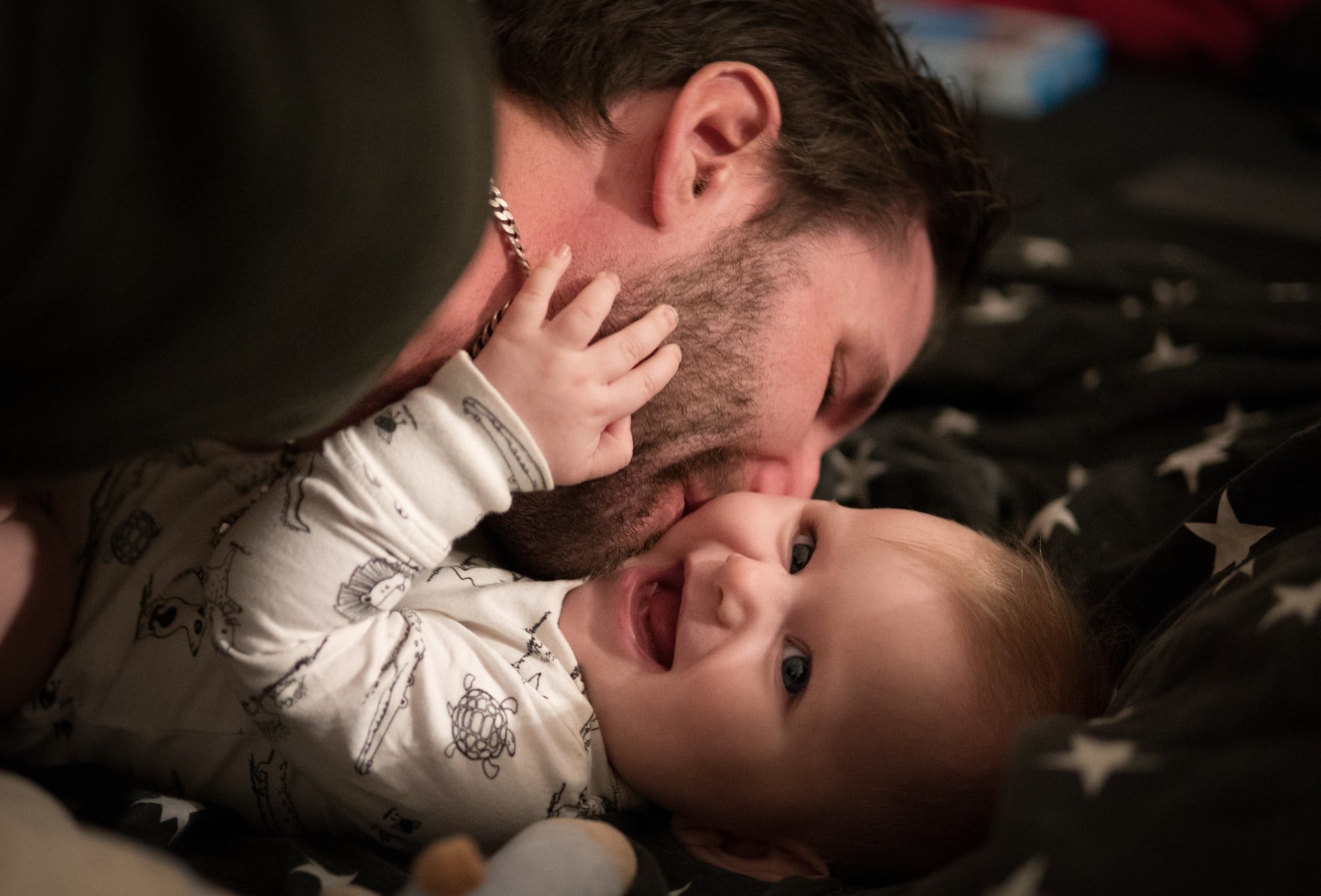For new moms in Germany, there’s no debate about paid time off: as part of the Mutterschutzgesetz (maternity protection act), they are guaranteed six paid weeks off before the birth of their child and six weeks afterwards.
This year, Germany plans to add a clause for fathers to this act, guaranteeing them two fully paid weeks off after the birth. So far, the total number of paid days off which they automatically receive is zero – unless their company has another agreement in place.
Otherwise they have to ask for paid vacation days, and rely on the goodwill of their employer, or apply for paid parental leave, Elternzeit, which caps the paid time off at 67 percent of their salary at up to €1,800 per month. However, statistics show that less than half of new fathers in Germany apply for and take this leave.
READ ALSO: Everything you need to know about parental leave in Germany
What’s set to change – and when?
An EU-wide regulation for countries to grant at least two weeks of fully paid paternity leave came into force in July 2022, and most other European countries have already adopted it into their legal framework.
That means that pressure is growing in Germany for the draft to become a reality this year and for paternity leave (Vaterschaftsurlaub) to be implemented in 2024.
Back in 2022, Federal Minister for Family Affairs, Lisa Paus, said that the regulation had been postponed to 2024 to give companies, especially small and medium-sized ones, time to prepare amid a difficult economic climate.
The draft currently provides for fathers to be able to take up to ten working days – ie two weeks – of paid leave directly after the birth. Paternity leave should also apply to part-time employees and temporary workers.
It will also be available to fathers in their six-month long Probezeit (probation time) while having their new jobs legally protected.
READ ALSO: Probezeit: The probation period rules new employees in Germany need to know
Wage compensation during the period of special leave is to be based on the average salary of the last three calendar months before the birth.
“We want to ensure that partners no longer have to take regular leave if they want to be there for their child after the birth. The first two weeks are of the utmost importance for the new-born and the parents,” said Paus in an interview with the WAZ Group in March.

She also explained that the new maternity leave is to be regulated – financed from a fund at the Health Ministry, which is supplied by employers.
However, the financing of paternity leave is one of the points that is still causing discussions between the ministries and thus a blockade in implementation.
READ ALSO: Vaterschaftsurlaub: What you need to know about paternity leave in Germany
Could a lawsuit bring the case forward?
A case before the Berlin district court is now increasing the pressure to push this forward. In mid-March, a 38-year-old father sued the state for damages because paternity leave has not yet been enshrined in law.
The man reportedly claimed in the lawsuit that he has suffered damages because he had to use his regular annual leave for the period after the birth, although the German government had promised otherwise and the EU already stipulates that a separate paid time should be set aside.
Without Vaterschaftsurlaub, there would be financial losses, he said, as the special leave is supposed to be accompanied by wage compensation.
The lawsuit, on which no decision has yet been made public, is now putting pressure on the coalition government to implement the long-anticipated regulation.



 Please whitelist us to continue reading.
Please whitelist us to continue reading.
Member comments